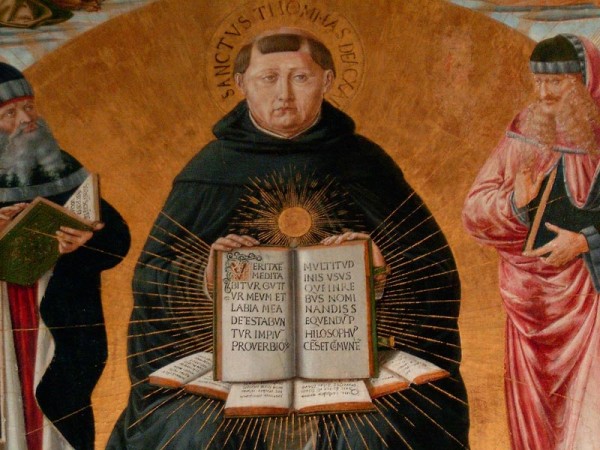Music Monday: Our God Reigns Here
 I thought today’s Music Monday should be an upbeat number from John Waller, “Our God Reigns Here”…
I thought today’s Music Monday should be an upbeat number from John Waller, “Our God Reigns Here”…
Spirit of doubt you have no place here
I command you to leave in Jesus’ name
Spirit of fear you have no place here
I command you to leave in Jesus’ name
You’re not welcome here so go, just go
Spirit of doubt you have no place here
I command you to leave in Jesus’ name
Envy and jealousy you have no place here
I command you to leave in Jesus’ name
Go back from whence you came
‘Cause our God reigns here, our God reigns here
We claim this ground in Jesus’ name
‘Cause our God reigns x2
Anger and rage, guilt and shame
I command you to leave in Jesus’ name
Depression, anxiety, addiction, infirmity
I command you to leave in Jesus’ name
Oh, go back from whence you came
Our God reigns here, our God reigns here
The battle’s won, have no fear
The battle’s won, have no fear
The battle’s won, have no fear
‘Cause God reigns here






